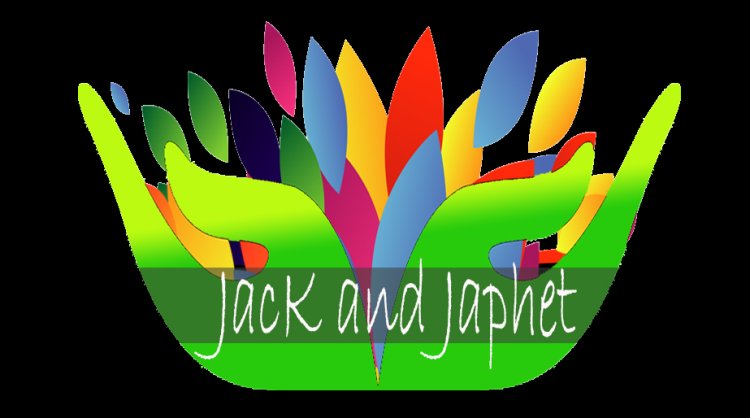[B-SIDE Podcast] Deep-skilling vs ‘learning in the flow of work’
Follow us on Spotify BusinessWorld B-Side How do we build the bank of the future? In this B-Side episode, Raghav Gupta, managing director of Coursera India and Asia Pacific, talks about the increased demand for digitalization in the banking...
![[B-SIDE Podcast] Deep-skilling vs ‘learning in the flow of work’](https://ofw.today/uploads/images/202210/image_750x_633a9aa8e1eac.jpg)
Follow us on Spotify BusinessWorld B-Side
How do we build the bank of the future? In this B-Side episode, Raghav Gupta, managing director of Coursera India and Asia Pacific, talks about the increased demand for digitalization in the banking sector and compares deep-skilling with “learning in the flow of work.”
“We’ve seen a general focus on skills around digitalization, skills around data, and skills around working remotely,” Mr. Gupta tells BusinessWorld reporter Keisha B. Ta-asan.
There are close to 1.7 million Filipinos who use Coursera, an online learning platform. It counts among its clients Bank of the Philippine Islands (BPI), which Mr. Gupta uses as an example to illustrate the importance of digital transformation in financial services.
TAKEAWAYS
Traditional banks are competing with fintech startups.
“I think it’s important to call out that a lot of things obviously accelerated through the course of the pandemic,” Mr. Gupta said, adding that the necessary skills for working professionals have changed permanently due to clients becoming more comfortable with digital technology.
According to the latest central bank data, digital payments rose in terms of volume and value in 2021 as consumers and businesses used online channels.
The share of digital payments in the total volume of retail transactions in the country rose to 30.3% in 2021 from 20.1% a year earlier while the value of payments done online represented 44.1% of total retail transactions last year, higher than the 26.8% share in 2020.
In order to cater to the increasing digital demand, employees should have a literacy level skill of understanding cybersecurity and data privacy, he pointed out.
Skills over certifications.
“We’ve seen that many banking companies have adopted a digital-first strategy because the customer is digitally savvy,” said Mr. Gupta. “The currency of conversation starts becoming skills, as opposed to worrying about how many hours of learning happened, or how much course completion happened, or how many certifications happened. … Leaders are focused on how many skills were built.”
“Not everybody needs to undergo deep-skilling,” he added. While a business analyst might need 100 hours of focused learning to become a data analyst, a data analyst might need a 10-minute video to create pivot tables in an Excel sheet.
“There are many people who are very happy with undergoing what one would call learning in the flow of work,” he said, adding that Coursera offers both.
Open learning has progressed to a skills-first model that delivers business impact.
“There used to be a world five years ago where the chief learning officer of a bank would say, ‘Let me provide a lot of content to my employees, and they can figure out what they want to learn,’” said Mr. Gupta, who described open learning as “providing 10,000 pieces of content and letting people figure things out.”
This moved to guided learning, or curated content.
Today, the most successful programs are based on “skills-first learning,” said Mr. Gupta.
“These are programs that are focused on delivering skills that deliver business impact,” he said.
Recorded remotely in September 2022. Produced by Joseph Emmanuel L. Garcia, and Sam L. Marcelo.
Follow us on Spotify BusinessWorld B-Side














